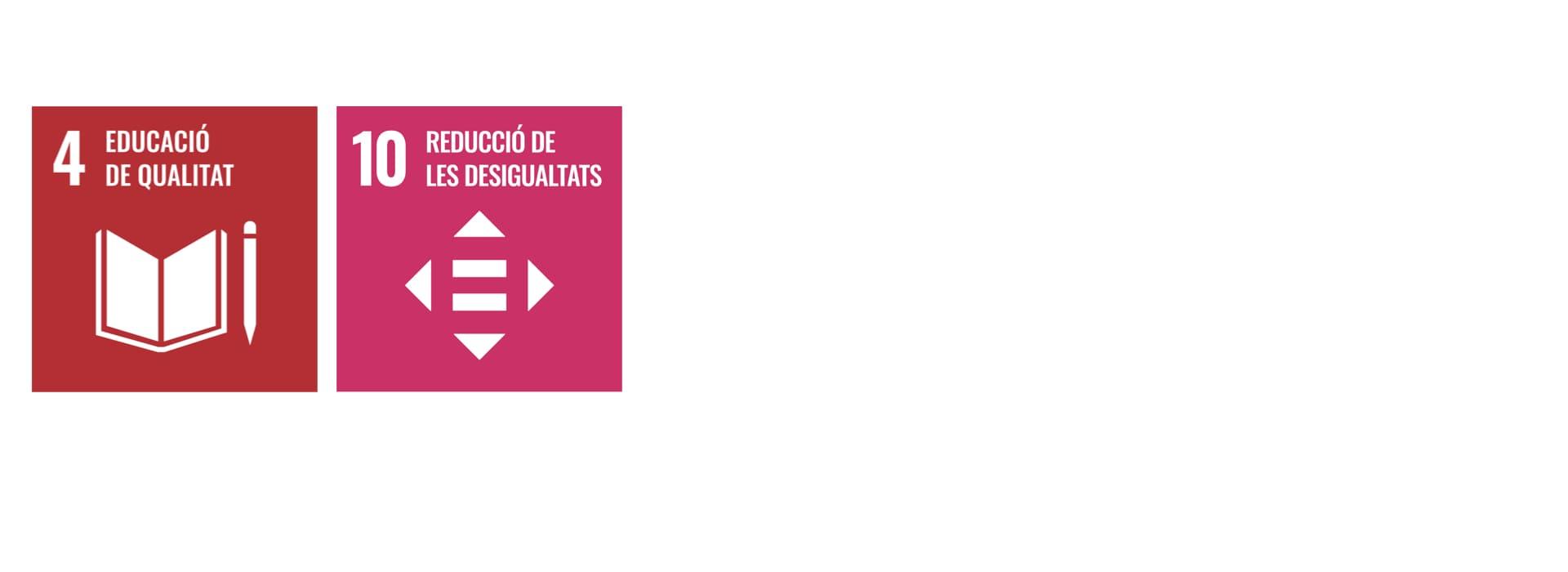
- About UPF-BSM
- Programs
- Faculty and research
- Companies and Organizations
- News & Events
Reconsidering what training means
8 Febrero - 2022
Genís Roca
Director of Postgraduate Course in Digital Transformation of Organizations
__
We have always heard people say that they have to be trained, and for this purpose there are organizations such as schools or universities that are dedicated to offering training processes. But it is necessary to pay attention to the language: why do we use the word formation? Because we intend nothing more and nothing less than to shape someone. And to give shape to someone you have to have a model, a reference of what we want to resemble. When you talk about training a firefighter, you have in mind an idea of how a firefighter should be. When you want to train an engineer, you have in mind an idea of how an engineer should be. Being in the process of formation means that a person follows the necessary process to resemble a certain model. And offering training processes means that someone has a model proposal, and offers to accompany you so that you look like the model. Perhaps you will consider that this is a somewhat far-fetched etymological reflection, but I am sure that there is much of this underlying charge when we speak of "forming": resembling a model. There is some industrialization, of embracing the standard.
We need very versatile people, very capable of taking different forms depending on the moment, very adaptable, capable of deforming and reconfiguring.
It is clear that we live in times of change, even revolutions. Organizations are asking for agility, process reengineering, new organization systems, reviewing business models... it seems like a bad scenario for highly educated people, that is, people very pigeonholed into a role, in a way of doing things, in a way very determined. We need very versatile people, very capable of taking different forms depending on the moment, very adaptable, capable of deforming and reconfiguring themselves. Training processes have to help us learn to take different forms, different views, different perspectives, different capacities. No one. Never just one. From monoform to multiform. If you have to choose between two accountants, choose the one who plays the bass. If you have to undergo surgery and you can choose between two apparently identical surgeons, choose who has read Txékhov.
More and more people are looking for those profiles who have done three or four very different things throughout their lives, and who would not have too much trouble changing back to a fifth. If you have to train, look for new ways. If you have to work, look for places where there are people in different shapes. Diversity of forms, both when you look inside and when you look around you. We need more mixed teams, combining different experiences, different languages and different points of view. We need to mix not only people from different disciplines of knowledge, but also from different cultural backgrounds.
We face complex challenges: climate change, migration crises, populism, population aging... that go beyond the limits of any discipline and require greater collaboration between experts from different fields. We must cross our borders and relate to a new framework that is not only the United States but increasingly also China, Africa, India and Latin America. The mixture of the two concepts, the collaboration both between disciplines and between cultures, is essential. The future goes through interdisciplinarity, and when this is achieved, the impact increases in all dimensions: scientific, social, cultural and economic.
More and more people are looking for those profiles who have done three or four very different things throughout their lives, and who would not have too much trouble changing back to a fifth.
In our organizations we have people with different specialties, but too often we organize them precisely by grouping them by specialties: marketing, on the one hand, systems on the other, legal on the other... but we already know that the interesting thing is to put them to work together a person from marketing with one from technology and one from legal. Training makes sense as long as you are not a slave forever in that way, and that you are able to fit into different schemes and in different situations.
Go to very multidisciplinary training places, and if on the contrary you go to a place where they do a very specific training, let it be a different form from the one you already have. We need people willing to participate in the many changes we are experiencing, and to promote even more, and the first ones we have to bear willing to change we are precisely ourselves.
Form yourself, and don't stop until you have many forms.
